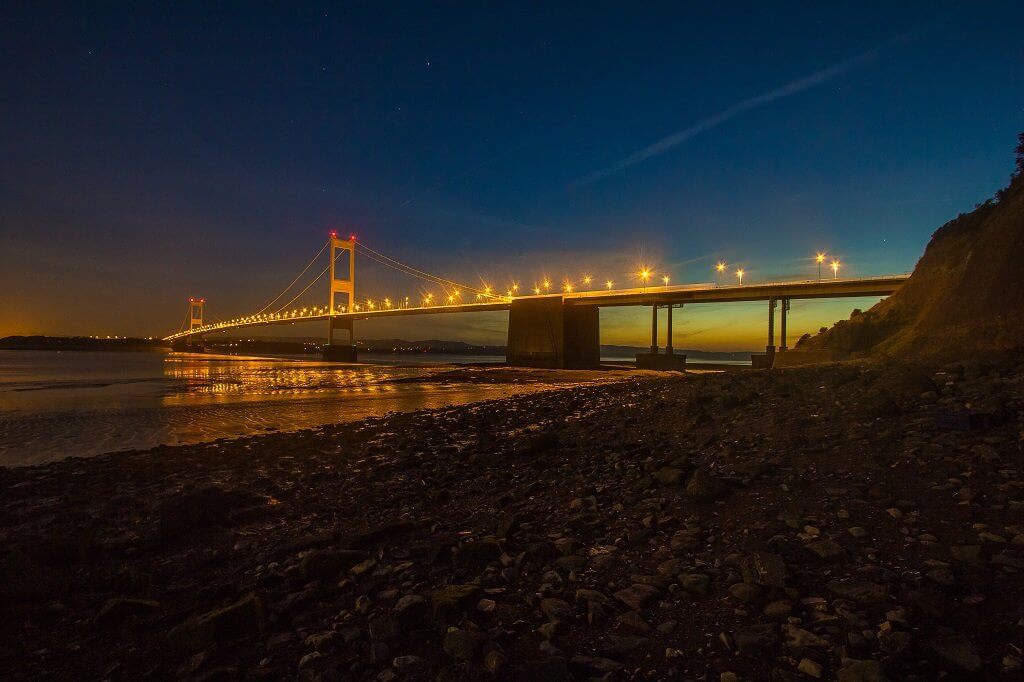Our coaching insider wonders how the scrapping of Severn crossing tolls might benefit coach tourism

The tolls for the Severn crossing are to be abolished by December 31, 2018. This stands to increase the volume of traffic entering Wales by the direct M4 route, hopefully benefitting the economy and making the country a more attractive destination for tourists.
The first bridge was opened on September 8, 1966 by Queen Elizabeth II, who hailed it as the dawn of a new economic era for South Wales. It took three-and-a-half years to construct and cost £8m. For 30 years, it carried the M4 motorway until a second bridge was opened in 1996. The original was granted Grade I listed status on November 26, 1999. […]
By subscribing you will benefit from:
- Operator & Supplier Profiles
- Face-to-Face Interviews
- Lastest News
- Test Drives and Reviews
- Legal Updates
- Route Focus
- Industry Insider Opinions
- Passenger Perspective
- Vehicle Launches
- and much more!


